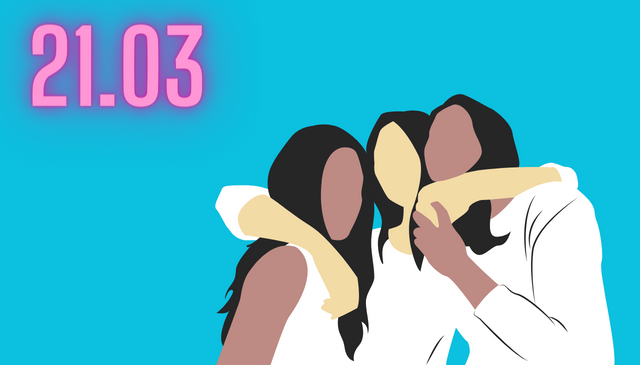On March 21st, we celebrate the International Day for the Elimination of Racial Discrimination. It is the perfect time to recall some basic values and show how to actively engage in fighting discrimination. So, shall we enter the world of equality together?
The history of the holiday
In 1966, the General Assembly of the United Nations (UN) declared March 21st as the International Day for the Elimination of Racial Discrimination in memory of the Sharperville massacre in South Africa. During the massacre in 1960, demonstrators were protesting against the existing law, according to which the movements of Black people were to be controlled. In comparison with white people, they also had difficulties with changing their permanent registration. During the protest, the police opened fire, killing 69 and injuring almost 200.
The need for anti-discrimination is not just history but a constant fight for equality. One of the most popular examples of discrimination in recent years is the murder of George Floyd in 2020 in Minneapolis (USA).
Every year, on the first day of spring, the Week of Solidarity with People Struggling with Racism and Racial Discrimination begins. It is a time when it is worth reminding that racial discrimination is not only a story portrayed in American films, but the experience of many Polish people and our friends, including those from the Erasmus+ program.
Anti-discrimination campaign
There are many panels and workshops held in Poland that aim at building mutual respect and showing that skin colour should not be the reason for changing one’s attitude towards other people.
The POLIN Museum of the History of Polish Jews reminds us how important it is to care for equality, not only on March 21st or April 19th (the date of the Warsaw Ghetto Uprising), but every single day. This year, Andrzej Szwan – a Jew of Warsaw origin, well-known as the oldest Drag Queen in Poland, performing under the pseudonym Lulla La Polaca – joined the campaign. The promotional video in Polish posted on TikTok.
At the Nicolaus Copernicus University, you could have spent this day at the celebration of the First Day of Spring in the KOI Edible Garden at the Copernican Integration Center. Educational and integration meetings take place there every day, as well as adaptation assistance for international students and PhD programme participants. You can find more information on the organisers’ website (here).
[Check also: End of the season in the Edible Garden KOI]
How to prevent the spread of racial discrimination?
It is worth noting that discrimination takes place, among others, on the Internet. It hides behind pseudo-anonymous nicknames used by users of social media. If you see any content that may offend another person or an entire group, report it to the administrators of the website or app.
Any activity meant to spread discrimination, like discrimination on the grounds of race, is regulated by law. If you experience hate, threats, or other expressions of intolerance, report it to the nearest police station. In life-threating situations, don’t be afraid to ask for help by calling the emergency numbers.
Every person is unique, no two people are the same. Therefore, it is important to talk about these differences and being open to learning about their advantages and disadvantages. It is important to highlight something that should be deeply rooted in a culture – skin colour, religion, or sexual orientation do not divide people into those who are better and those who are worse.
Understand it through art
Below, we present some films that portray the struggles of people of colour.
- “I Am Not Your Negro” – The United States of America is a country that still struggles with systemic racism, and the fight for equal rights for Black people is still a pressing issue. The documentary uses real-life examples to show what Americans have struggled with over the years and still do. It presents various perspectives: political, historical, cultural, and social.
- “12 Years a Slave” – a popular Hollywood title that received three Oscars, the most important film award. It shows how skin colour can affect an individual’s position in social structures.
- “Green Book” – a comedy-drama, which is also a road movie, set in the USA in the 1960s. It is based on the real story of a black jazzman and his white chauffeur travelling through the Southern United States during the Jim Crow laws. The book in the title is a guide for African Americans travelling the country. It included, among others, information about places to stay and eat to avoid unpleasant situations. The production won three Oscars.
Read the original article in Polish here.

